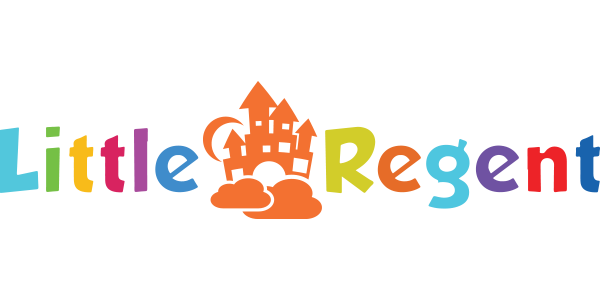When do babies start teething? Most babies sprout their first tooth when they’re between 4 and 7 months old. An early developer may get his first tooth as early as 3 months, while it may take a late bloomer until he’s a year old or more. (In very rare cases, a baby’s first tooth is already visible at birth.) Whenever your baby’s first tooth makes its appearance, celebrate the milestone by taking pictures and noting the date in your child’s baby book.
Teeth actually start developing while your baby is in the womb and tooth buds form in the gums. Teeth break through over a period of months, and they often appear in this order: the bottom two middle teeth first, then the top two middle ones, then those along the sides and back.
Teeth can erupt one at a time, or several can come through at once. They may not all come in straight, but don’t worry – they usually straighten out over time.
The last teeth to appear (the second molars, found in the very back of the mouth on the top and bottom) usually come in around your baby’s second birthday or in the months after. By age 3, your child should have a full set of 20 baby teeth, and they shouldn’t start to fall out until his permanent teeth are ready to start coming in (around age 6).
What are the signs a baby is teething?
Some babies get through teething with no signs at all, but many parents report that their babies do experience discomfort. The most likely signs of teething include:
- Irritability or fussiness
- Drooling(which can cause a facial rash)
- Swollen, sensitive gums
- Gnawing or chewing behavior
- Refusing to eat
- Trouble sleeping
Is it true that teething can cause a fever, diarrhea, or a runny nose?
Some parents say their baby also gets a fever, diarrhea, or a runny nose just before a new tooth arrives, but there’s no scientific proof that teething causes these symptoms. The American Academy of Pediatrics says that although a baby’s body temperature may rise slightly when teething, a true fever (rectal temperature of 100.4 degrees F or higher) and diarrhea aren’t normal symptoms. If your child has a fever along with other symptoms such as lack of appetite, vomiting, lethargy, or diarrhea, call her doctor to rule out anything more serious.
How can I help my teething baby feel better?
Give your child something to chew on, like a firm rubber teething ring or a cold washcloth that you’ve chilled in the refrigerator (not freezer).
Rub a clean finger gently but firmly over your baby’s sore gums to ease the pain temporarily.
If your baby is old enough for solids, he may get some relief from eating cold foods, such as applesauce or yogurt.
(Article Credits: babycentre.com)





